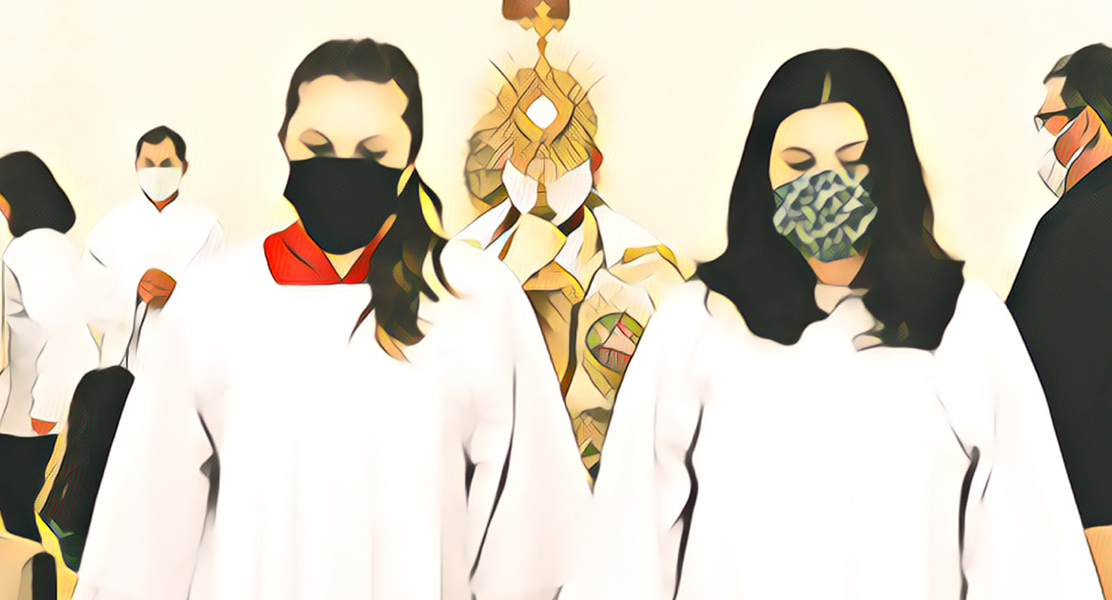Texas legislature enacts sweeping law barring state and local government from restricting worship services during public emergency

Unsurprisingly, given the controversy surrounding worship restrictions during the COVID-19 pandemic, some legislatures across the country are responding with bills that would make it more difficult for government officials to curtail in-person religious gatherings during a public health crisis. In Texas, a broad prohibition on such restrictions, HB 525, took immediate effect after receiving more than 2/3 vote of the House. Among other things, the bill states:
A governmental entity may not: (1) at any time, including during a declared state of disaster, prohibit a religious organization from engaging in religious and other related activities or continuing to operate in the discharge of the organization’s foundational faith-based mission and purpose; or (2) during a declared state of disaster order a religious organization to close or otherwise alter the organization’s purposes or activities.
As reported by The Texan, HB 525 is only one of several measures in Texas aimed at addressing this issue by limiting the ability of government to include houses of worship in emergency orders designed to protect public health and safety. Senate Joint Resolution 27 would create a state constitutional amendment if it passes a public referendum in the next election. HB 1239, signed into law by Governor Greg Abbott, bars government entities from ordering the closure of houses of worship.
As I wrote in a previous post, a coalition of religious organizations including BJC issued a statement earlier this year expressing:
deep concern about the recent proliferation in a number of states of legislation seeking to exempt houses of worship and religious gatherings from the reach of regulations and emergency orders related to public health issues and emergencies such as COVID-19.
…[W]e fear that these bills will unintentionally paint religious communities as part of the problem, not the solution, and thereby undercut our ability to partner with community leaders to defeat the crisis.
As BJC Associate General Counsel Jennifer Hawks told Baptist News Global earlier this year, our court system already has sufficient mechanisms for addressing those concerns:
The COVID-19 pandemic has demonstrated that courts have the tools to evaluate challenges of government overreach in emergency public health-related orders. Protecting religious freedom requires a careful assessment of the facts in each situation. That judicial approach, rather than overbroad legislation, is the better way to address such public health crises and ensure religious gatherings are not treated less favorably than other similarly situated activities.
You can read the entire coalition statement from April 2021 here.




